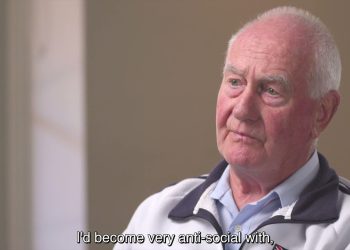An ongoing legal struggle, led by a non-profit that aims to protect public health in Massachusetts, wield against the premier betting corporation, DraftKings, was recently transferred to a different court. The betting company, being the defendant in the case, prompted the transfer action.
In a strategic move, DraftKings ordered for the migration of the said collective action litigation from Massachusetts Superior Court of Middlesex County to the Business Litigation Session of the Superior Court (BLS) of the same state. Media sources validated the acceptance of the motion, confirming the class action lawsuit’s relocation to the BLS in the preceding week.
At present, BLS is considered as a specialized venue for intricate business and commercial litigations that necessitate a more personalized and cooperative case management. Interestingly, this type of handling happens to be the precise reason why DraftKings advocated for the case transfer. Consequently, Judge Kenneth Salinger and Judge Debra Squires-Lee were delegated to the set of complaints which charged DraftKings on account of deceitful product promotion.
In a statement rationalizing the transfer request, DraftKings maintained that the legal contention demanded the “Intensive case management” that only BLS could facilitate. Additionally, the firm articulated that it intends to submit a motion for termination upon the case being officially accepted by the BLS, as reported by SBC Americas.
The Lawsuit Originates from an Asserted Deceptive Incentive
The collective lawsuit lodged against DraftKings claimed the gaming firm proposed a deceptive incentive. The Public Health Advocacy Institute (PHAI), commenced this legal action in the previous December month. The legal procedure was charted out by the institute, who asserted as the lawful accuser in the legal suit, alleging that the betting offer of bonus $1,000 by DraftKings was inequitable and deceiving.
They argued that the Massachusetts state players were deluded with the belief of the prospect of obtaining $1,000 for no cost. However, the lawsuit pointed out that earning the described amount was nearly unfeasible as a player would require to lodge $5,000 and bet approximately $25,000 in the time span of 90 days. Besides, the bonus amount also could not be moved or redeemed, which was an additional constraint for the gamers, as per the suit’s contention.
However, it is counterintuitive to note that the legal action did not implicate DraftKings in promoting excessive betting. Rather, it stipulated that the operator should exercise more caution while launching diverse bonuses and ensure the promotional verbiage is not misleading to the players.







